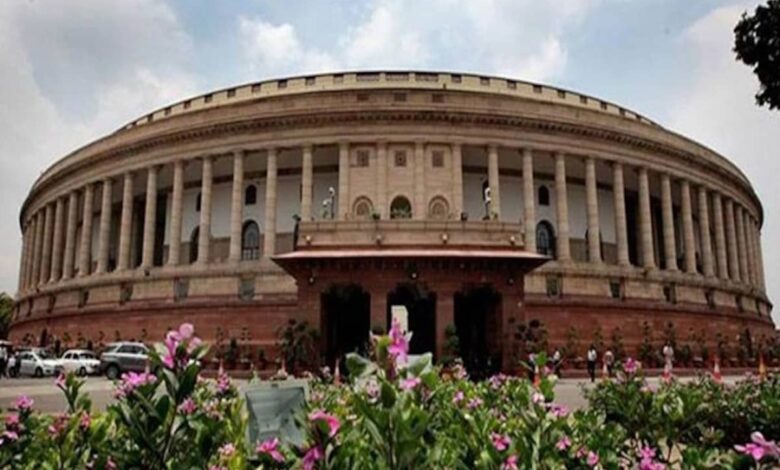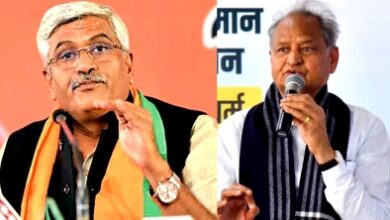
Mobilenews24x7 Bureau
The parliament’s proceedings were severely impacted by the continued demand of the opposition for a JPC to probe onto the allegations against the Adanis and simultaneously the treasury bench’s opposition to it has kept many businesses in a stall.
One thing is not understandable that, knowing that the history of the JPCs in the past has never solicited any plausible result as the latter is simply a recommending body constituted by the parliament with certain parameters to work within so, it has no autonomy whatsoever other than recommending.
If the opposition is really so serious to take up the allegations against Adanis, why did not it pitch for a CBI or a Supreme Court monitored investigation committee.
As mandated by the constitution, JPC is institutionally carved out space by the parliament to inquire about alleged irregularities, corruption, or misconduct involving the executive and suggest plausible policy measures.
However, the story of earlier JPCs were also by and far play a re-commendatory role and it is for the opposition to garner best of the political advantage through media and other outlets to unsettle the ruling apparatus.
It is only the paper exercises those accumulate at the end and the partisan motivations of the opposition and the government have negative implications for the efficacy and effectiveness of the JPC.
India has already witnessed the outcomes from the JPCs on so many scams like the 2G Spectrum or Bofors and Harshad Mehta, when the JPCs lacked teeth and lack of a consensus building among the JPC members.
For instance, Narasimha Rao government was dissatisfied, and disagreed with JPC report on Harshad Mehta scam as it implicated the Finance Ministry and RBI for dereliction of duty. Similarly, the opposition outrightly rejected the Bofors and 2G Spectrum scam JPC report as these reports towed the government narratives.
The above precedence exposed the dismissal of the JPC and its functioning and impacts so, as it appears, there is no logical conclusion to the entire process. And importantly and interestingly so when the opposition and the government both want to get rid of the impacts.
It is more or less clear that a JPC has no significance if recommendations are not taken seriously by the government intended to bring some procedural or policy change. Neither government nor the opposition is interested in weighing the effectiveness of the JPCs in terms of their suggestions and recommendations.






